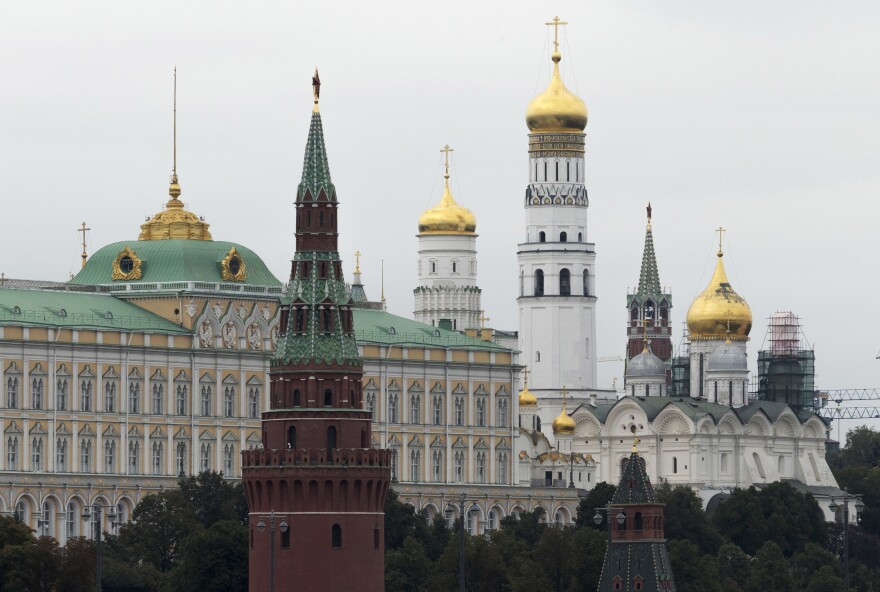Russian hackers may be attacking U.S. computers and web services in response to sanctions over the war in Ukraine. The White House on Monday issued a warning to businesses, utilities and government agencies to be prepared for cyberattacks on infrastructure.
UC Assistant Professor Gregory Winger specializes in cybersecurity and says it's the second warning tied to the war.
"These retaliatory attacks could target and probably will target the private sector. So private sector entities need to be prepared to take proactive measures to strengthen their defenses in order to prevent this from happening, or at least becoming victims," Winger says.
The Cincinnati Museum Center and the Freedom Center have been closed since last week, after a virus infiltrated some of their systems. According to a Tuesday afternoon release, the Freedom Center will reopen on March 30, the CMC will reopen on March 31.
Greater Cincinnati Water Works reported this week an issue with a vendor immobilized the billing system. A museum spokesperson says their virus is not a Russian attack. GCWW has not publicly identified the original source of the problem.
Winger says the warning from the White House shows the government is being proactive.
He says local and state governments, private companies, and individuals could all be targets. "These are systemic issues. At every stage of our society … we need to rethink how we approach cybersecurity and start developing those practices and mechanisms to build a safe society."
Winger says attacks can range from denial of service, to ransomware and stealing personal information. He says individuals, not just institutions, should be practicing good cyber-hygiene. That includes using two-factor authentication, learning how to identify phishing emails and suspicious links, and having a strong password can keep people protected from low-level attacks.
This story has been updated to include new information from the Cincinnati Museum Center.



